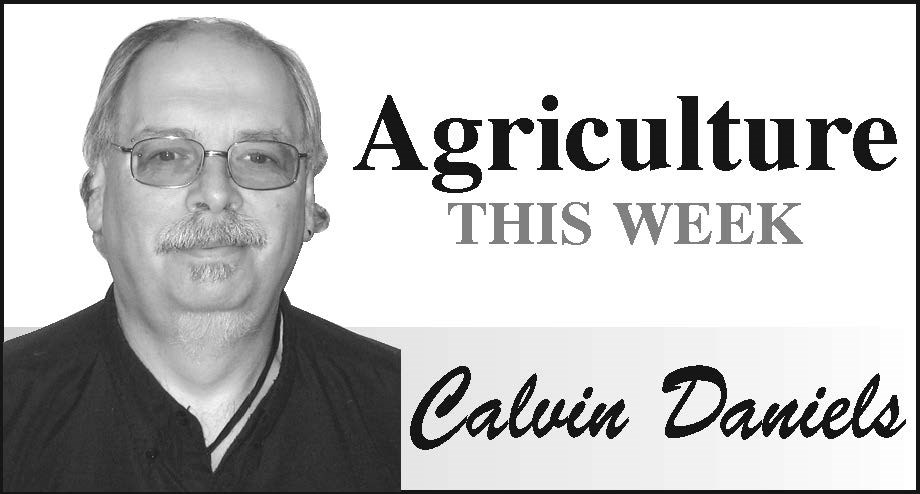While we all knew it was coming, we now have an official date to go to the polls to elect our federal representatives.
To start, we all need to mark Monday, Oct. 21 on our calendars and make sure we all take the opportunity a free democracy offers us by casting a vote.
The trend toward less and less eligible voters actually casting ballots is disheartening when many in the world can only dream of the freedom to do so living under various stripes of dictatorship preventing the simple act of putting an ‘X’ on a ballot.
As for the farm sector, the issue over the next month is how to put the sector into the mix as an issue candidates truly care about.
Here on the Canadian Prairies candidates are going to nod knowingly when asked about the importance of the sector, but does their concern, or ours as voters play at the table when the federal parties sit down to develop policy?
The problem for parties is many when it comes to how much focus to put on agriculture, starting with the limited number of seats where farmers are a significant portion of voters. We might like to hope that such things are not a factor, but the truth of one vote per person puts greater importance on urban constituencies than those that are mostly farm/rural.
It becomes ever harder to sell major agriculture investments to city-dwelling voters who have limited understanding of farming, or its importance to the greater Canadian economy.
Then within the farm sector there is the problem of finding policy that covers most producers.
What is good news for a wheat or canola producer on the Prairies doesn’t necessarily resonate with a potato producer in Prince Edward Island, or a wine producer in British Columbia.
And of course the opposite is also true. Support for fish farmers or a flower grower is not likely to be seen as particularly good news in Saskatchewan, even though it would be support for the broader sector of agriculture.
It has to be a conundrum for federal parties to sit down to work on policy and representatives from across the country find some agreement that more should be done for farmers, but then they offer up a dozen divergent ideas based on the type of farmers in their area of the country.
It is simply not as easy to develop meaningful national agriculture policy as, for example putting more dollars to be spread out for municipal infrastructure renewal, or senior housing.
So the onus will be on voters here to make sure to listen closely to what each party is saying in terms of farm policy, and to ask candidates how they plan to be heard in Ottawa in terms of supporting Prairie agriculture.
Calvin Daniels is Editor with Yorkton This Week.



